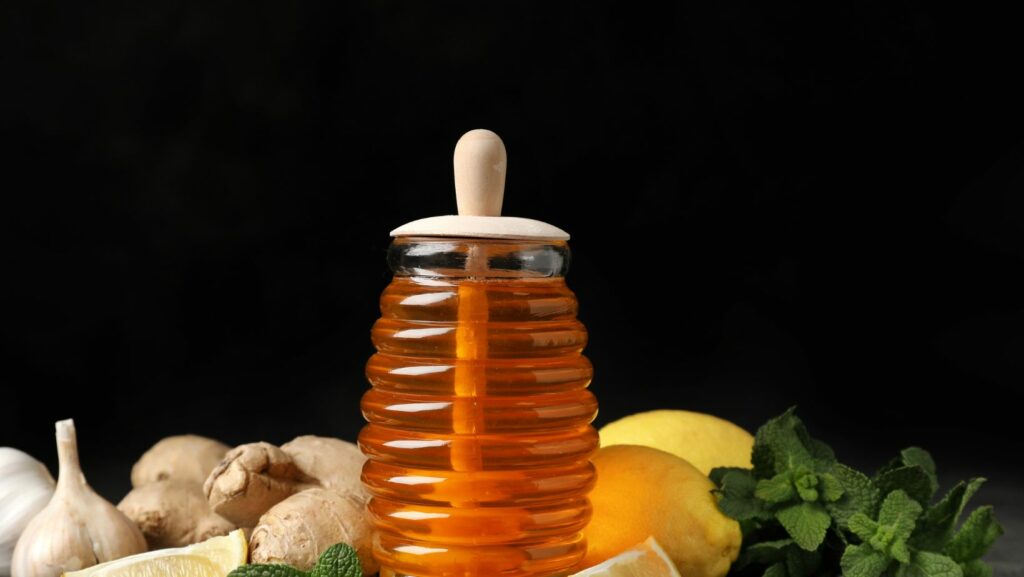Natural Remedies for Anxiety During Pregnancy
Pregnancy, while a joyous time for many, can also bring about a whirlwind of emotions. It’s not uncommon for expecting mothers to grapple with anxiety. But when traditional medications aren’t an option, where can they turn? Enter the world of natural remedies, a haven for those seeking solace from stress without the side effects of pharmaceuticals.
The journey through pregnancy may sometimes be marred by anxiety, an issue that natural remedies can alleviate without the potential side effects of pharmaceuticals.
Pharmaceutical treatments for anxiety, while effective, carry risks when administered during pregnancy. Certain drugs increase the danger of congenital disabilities and complications. For instance, benzodiazepines, commonly used in anxiety treatments, have been linked to a higher incidence of birth defects such as cleft palate. Drugs like selective serotonin reuptake inhibitors (SSRIs) heighten the risk of issues like low birth weight and premature birth.

Various Natural Remedies for Anxiety During Pregnancy
In managing anxiety during pregnancy, natural remedies play a crucial role. They balance the emotional health of expectant mothers without introducing potential risks for the fetus, unlike traditional anxiety medications.
Herbal teas, renown for their calming and relaxing properties, work as effective natural remedies against pregnancy-related anxiety. Chamomile tea, for instance, promotes sleep and relaxation due to its apigenin content, an antioxidant binding to certain receptors in the brain . On the other hand, peppermint tea aids digestion, thus minimizing discomfort and stress yielded by gut issues during pregnancy.
A balanced diet and dietary supplements contribute significantly to managing anxiety among pregnant women. Omega-3 fatty acids found in fish oil, for instance, elevate mood and reduce anxiety symptoms. A diet rich in leafy green vegetables and legumes, high in folate or vitamin B9, supports brain function and potentially alleviates depression.

The Role of Exercise and Mindful Techniques
Curbing anxiety during pregnancy, exercise and mindful techniques act as natural remedies. They’ve gained favor due to their beneficial impact on both physical and emotional health.
Investigations assert that pregnant women engaging in mindful techniques like yoga and meditation often handle anxiety more effectively. Prenatal yoga involves gentle stretches, breath control, and postures designed for pregnant women. The calming nature of these exercises doesn’t just strengthen the body; it stabilizes the mind, easing pregnancy-related anxiety.
In parallel, meditation focuses on achieving mindfulness, embodying a state of heightened awareness. Women learning to meditate, focus on each breath, the sensations in their bodies, and occasional wandering thoughts. Applying these strategies can help expectant mothers to detach from their worries, fostering a sense of inner peace and tranquility.
If you want to add a unique atmosphere to this tranquility, you can customize meditation neon signs of different colors and elements, and let the soft neon lights quietly blend into the meditation space. You can imagine the light and shadow of the neon signs flowing quietly in the air, echoing with the even breathing rhythm.
When your eyes occasionally pass by the light emitted by the neon signs, your thoughts will be gently pulled back to the tranquility of the moment, and the pressure will gradually dissipate as if filtered by the light, leaving only the tranquility and clarity in your heart, making every moment of pregnancy more peaceful and comfortable.
Regular exercise for pregnant women isn’t a novelty; it’s a vital part of a healthy lifestyle. Studies substantiate the role of physical exercise in managing anxiety during pregnancy. Light activities such as walking, stretching, and swimming aren’t just safe; they’re beneficial.
Reports indicate that pregnant women, incorporating 30 minutes of moderate exercise into their daily routine, experience significantly less anxiety. Exercise, by promoting the release of endorphins, body’s natural feel-good hormones, results in mood elevation. Consequently, participating in regular physical activity can help expectant mothers maintain emotional balance, contributing to a less stressful pregnancy journey.

Mental Health Support As a Natural Remedy
Diving into deeper ways to bolster emotional health, encircling oneself with a strong support network, and partaking in regular mental health checkups can act as effective natural remedies for anxiety during pregnancy.
A robust support system serves as a natural buffer against anxiety. Loved ones, comprising family and friends, offer unparalleled emotional support. Groups like prenatal classes, support circles, and online communities focused on pregnancy and maternity deliver shared experiences and valuable advice from those going through similar journeys, adding valuable layers to a mother-to-be’s support structure. Incorporating a dedicated therapist, counselor, or doula into this core network promotes effective anxiety management strategies and supplements the support system.
Regular mental health checkups denote an essential step in anxiety management during pregnancy. Healthcare providers, including psychologists and psychiatrists, can monitor the mother’s emotional state throughout the pregnancy journey, detecting signs of heightened anxiety early. Through consistent checkups, it becomes faster to spot any emotional changes or concerns. Subsequently, they can offer pertinent advice, therapeutic options such as Cognitive Behavioral Therapy (CBT), and holistic solutions that align with a natural approach to anxiety management. These regular interactions ensure psychological well-being is accorded the same priority as physical health during pregnancy, contributing to a more balanced and less anxious experience.


